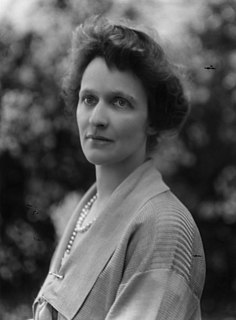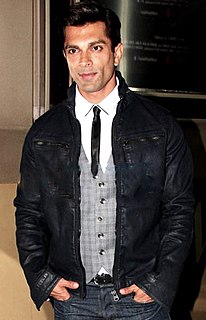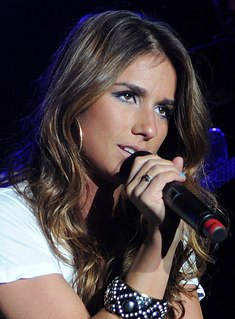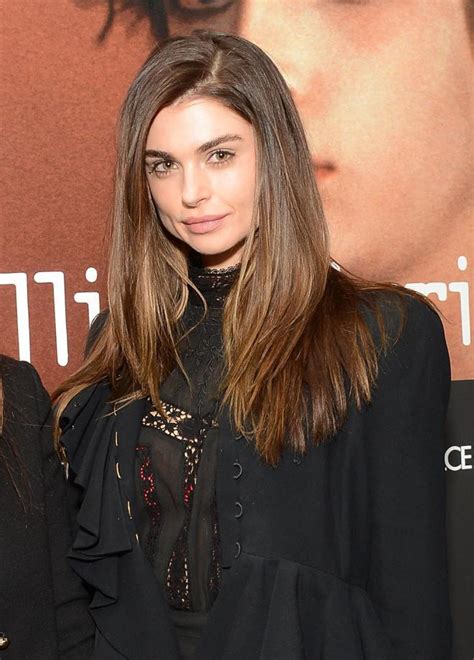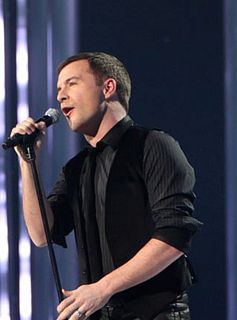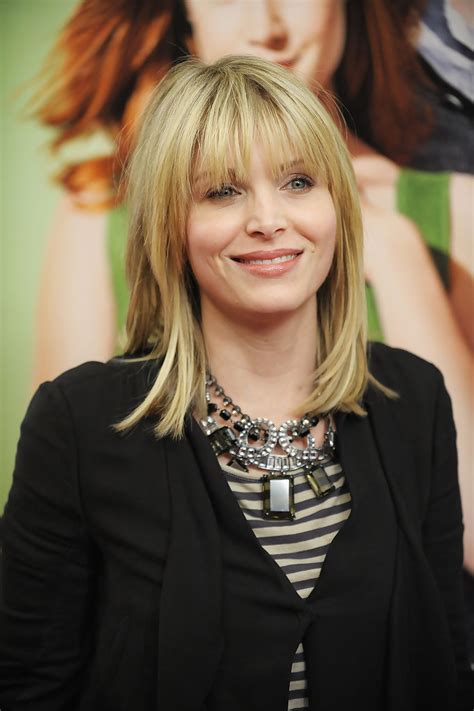A Quote by Maurice Sendak
I thought that if I were going into old age I would want to do what [Giuseppe] Verdi did, which is to write extraordinary things, and to really find myself.
Related Quotes
I would suppose I learned how to write when I was very young indeed. When I read a child's book about the Trojan War and decided that the Greeks were really a bunch of frauds with their tricky horses and the terrible things they did, stealing one another's wives, and so on, so at that very early age, I re-wrote the ending of the Iliad so that the Trojans won. And boy, Achilles and Ajax got what they wanted, believe me. And thereafter, at frequent intervals, I would write something. It was really quite extraordinary. Never of very high merit, but the daringness of it was.
I think from a major-label perspective, if you were on the flip side of things and that's the world you were used to working in, your interpretation could be, "Oh, they're having trouble writing songs," when really it's like, "No, I'm not ready to write songs, I don't want to write a song right now, if I did write a song, it would be forced."
I don't want to write things that people don't want to read. I would have no pleasure in producing something that sold 600 copies but that was considered very wonderful. I would prefer to sell 20,000 copies because the readers loved it. When I write books I don't actually think about the market in that way. I just tell myself the story. I don't think I'm talking to a 10-year-old boy or a six-year-old girl. I just write on the level the story seems to call for.
When I was really sad, I would be like a little kid wiggling a loose tooth or touching a sore spot - there were things that I did to make myself sadder. It was almost as if I were luxuriant in my own melancholy. Looking at the diaries and thinking about my old self, thinking about my lost youth - that was part of that project of making myself totally miserable.
If I'm honest, I thought Westlife would keep going for longer than it did - we all did - but it sort of came to a natural end. When we decided we were going to split, I thought, 'If I'm going to sing, I'm going to have to do it solo.' Also, financially I was broke, so the decision was ultimately made for me.
I think Robert Altman could see things in me that I didn't know I possessed, which is really exciting. He also instilled a tremendous amount of confidence, because he would say things like, "These are the bare bones, but I want you to go fill it out. You find the character. You bring it to me. You write whatever you want." And if you had an idea, he wouldn't want to hear about it. He's want you to show it to him.
I don't know if it [Mary and Jane] is a do-over or wanting someone to have made certain entertainment for us that did not exist when we were that age, but we keep going back and doing it again. I have a 12-year-old girl now and I want to make things that will speak to her. Things that will that have lessons for her to take away.
I'm finding things out about myself as a person - as a writer - as I write, and so are the people who listen to what I do. But they have this additional aspect of how they take the stuff that I do, and so it broadens the work and it creates this strange connection. It's really a way of strangers communicating through this third thing, which is a body of work. But really, I know it's a cliché to say I write for myself, but I write for myself.

